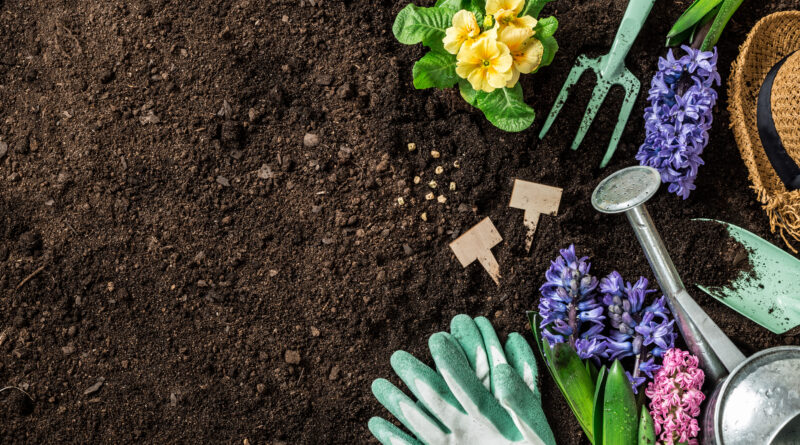National Gardening Day: X Tips for Starting Your First Garden
309 total views, 1 views today
Gardening can be a fantastic way to connect with nature and enjoy the beauty it has to offer. Whether you know you have a green thumb or you’re just starting out, there is always something new to learn and discover in the world of gardening. National Gardening Day, celebrated on April 14th, is the perfect time to get started on your first garden. Read on below for six great tips to help you get started.
Choose the right location
The first step to starting a successful garden is to choose the right location. Find an area in your yard that receives at least 6-8 hours of direct sunlight a day, and has access to water. You’ll save yourself a lot of headaches over time by making sure your garden is close to a hose. Make sure the area is free of weeds and has good soil drainage. If you don’t have a yard, consider container gardening on a balcony or patio.
Decide what to plant
Once you have chosen a location, it’s time to decide what to plant. Consider your climate and the amount of sun and water your plants will need. It might also help to consider your schedule. How often will you have time to water the garden? Are there any times of the year when you’re usually on vacation and won’t be able to take care of it? If you’re not sure what to plant, start with easy-to-grow vegetables like tomatoes, cucumbers, and lettuce. You can also plant herbs like basil, cilantro, and parsley.
Prepare the soil
Healthy and nutritious soil is the foundation of a successful garden. Before planting, be sure to prepare the soil by removing any weeds and rocks. Add in your compost or other organic matter to enrich the soil and improve drainage. You can also test the soil to determine its pH level and adjust it if necessary. If you live in a rocky area it can help to build a raised bed and fill it with good soil.
Plant and water carefully
When planting, follow the instructions on the seed packet or plant label. Be sure to plant each seed or seedling at the correct depth and spacing. Mark each section of your garden so you can easily tell what is planted where, as some plants might require more water or additional care. Water your plants regularly, but be careful not to overwater. Too much water can give your plants root rot and other problems.
Maintain your garden
Once your garden is planted, it’s important to maintain it. In addition to watering, this includes regular weeding and fertilizing. Watch out for common pests and diseases, and take action if you notice any problems. If you don’t know much about pests, diseases, or other things that might affect your garden, consider joining an internet forum on gardening where you can share pictures and ask for advice. Regular maintenance will help ensure that your plants are healthy and produce great fresh fruits and vegetables for you to eat.

